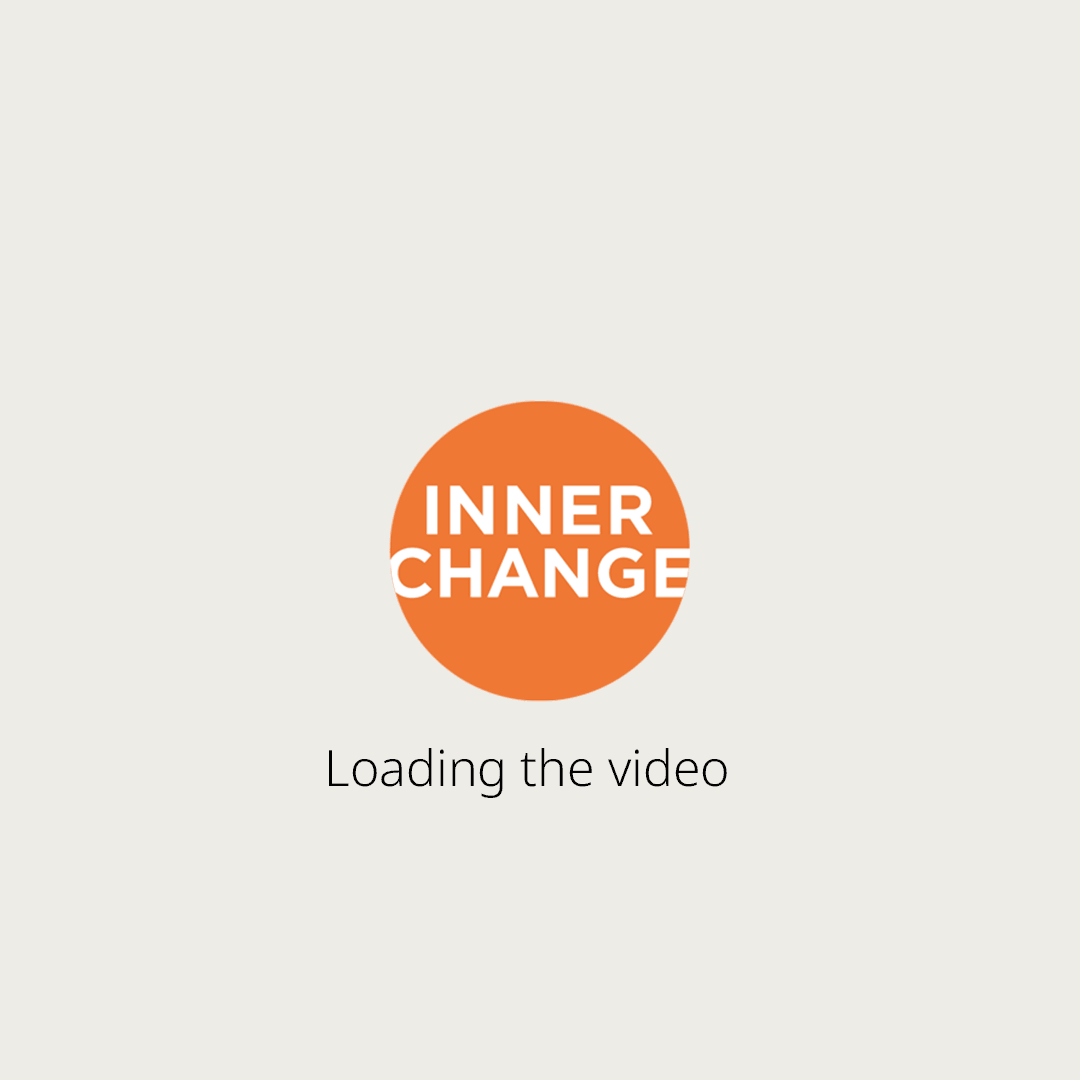When I was 15, I studied a book at school for my English literature. It was called: "To Kill a Mockingbird" by Harper Lee. And in terms of the importance of experiencing the other and how to do that, I think, Harper Lee, the author, had it right when she said that you need to learn to stand in Boo Radley's shoes. You have to read the book to know what it means exactly to get into the shoes of the person you fear or the one you don't understand. And somehow standing in their experience, walking in it. You could still think that they are wrong or hate the way they do things, or disagree.
But the importance of experiencing the other, means that you can change things more effectively: You can work with that person; understand her. I mean it's like when we talk about things like justice the difference between punitive and restorative justice. If you want to, you could just punish the person and that's it ! Right or wrong. You know that you punished the bad guy. But if you want to make sure that this person will change by herself or will no longer be a threat to other people, if you can clearly see that she's wrong, you have to walk in her shoes in order to help her to change or to change the overall situation. I know that there's sometimes a perception of naivete saying that you can't hold anyone accountable for the things they've done wrong or what that you think they've done wrong.
I think you can hold people accountable and at the same time take an approach which can bring a restoration and an improvement in the overall situation, for that person and everyone involved, rather than just this kind of black or white approach of punishment or blame. And I think that's important for the future of the human race, for whom we're going to move forward, to build better societies. It's not just to be kind or soft or lefty or all these labels that are sticked on people having this approach. It's to be constructive, to try to improve the future and who we are as human beings. So, that's why the experience of the other and trying to live that experience is so important.
